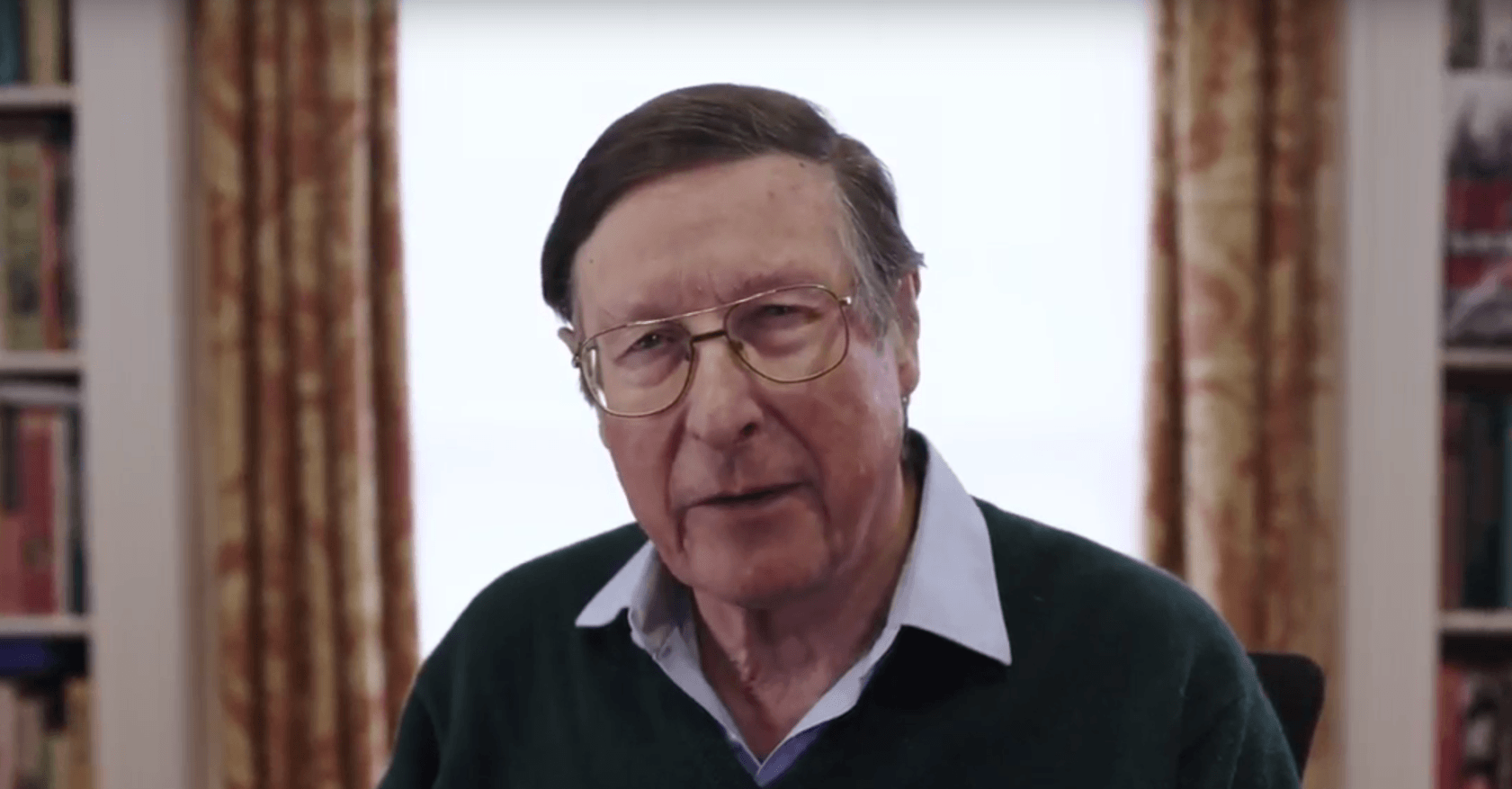Defence secretary Gavin Williamson is said to be threatening the prime minister with a mutiny, perhaps even with a vote against the autumn budget, unless his department is given £20 billion towards filling its cash chasm. It is not important whether this latest story is true in detail, because the fundamentals have been plain for months: Britain’s defences are grossly underfunded, and the responsible minister is attempting to raise dust about it.
Williamson is unlikely to secure a boost to match that promised to the NHS last week, for the good reason that nobody likes him, and the bad one that voters care hugely about health, scarcely at all about defence. If the mad idea of hypothecated taxes ever catches on — money raised to fulfil explicit purposes — nurses will be driving Jaguars while generals ride bicycles.
As the last of the generation that fought the Second World War dies off, and those who remember the Cold War qualify for pensions, younger British people display little interest in the armed forces, save to add colour to royal weddings. They would need a lot of convincing that any war is worth fighting, anywhere.
Knowledge that there are no votes in defence causes successive prime ministers to post successive subordinates to the Ministry of Defence not with a brief to address national security, but instead one merely to keep the subject off the front pages. Philip Hammond, characteristically of a top-class accountant, during his tenure as defence secretary achieved miracles in concealing from the nation the desperate financial plight of the armed forces, while making little attempt to remedy it.
Sir Michael Fallon, his successor, subjected senior officers to a reign of terror to prevent them from admitting any portion of the truth to parliament or the media, but declined to extend his remit to intimidating the Queen’s enemies. Gavin Williamson has become the first defence secretary for decades with aspirations to use the post as a springboard to Downing Street. These are likely to go unfulfilled, because he flaunts them so crassly.
Yet before acknowledging that the armed forces need more money, which they do, we should recognise how hard it is to configure Britain’s defence and security posture at a time when threats and means to address them are changing at awesome speed.
Countering terrorism in some ways represents the least difficult element, because it is the only peril the public really cares about. It is evident to all save disciples of Julian Assange that electronic surveillance through GCHQ, supported by the intelligence services, armed police and military special forces, deserves generous funding which it nowadays receives.
It is much more difficult to identify the appropriate tools with which to equip the armed forces to meet the strategic threats, of which Russia represents the most obvious. When President Putin favours hybrid warfare embracing covert special forces, fake news, cyberattacks and subversion, are tanks and infantry battalions the appropriate responses? When US backing for Nato is wavering and key nations such as Germany forswear a serious combat capability, alongside what allies can we hope to present a common front?
These are big and hard questions. A couple of months ago at a round-table dinner, some of Britain’s top generals and strategic gurus held forth about the threats as they see them. Afterwards the former defence secretary Michael Heseltine, who was among the guests, told me that he had been disappointed by the unoriginality of the ideas expressed. Here were the brightest and best in the war studies universe, he suggested, still thinking inside the parameters of the familiar, when much that is unfamiliar is evolving all around us.
In planning for the future, army commanders deserve sympathy, because they are compelled to observe constraints imposed by public sentimentality, to which ministers make obeisance. For instance, the chronically under-recruited Scottish regiments should be reduced, instead of having their ranks filled with Fijians (yes, really), but that is politically unthinkable. Nobody dares to axe a foot guards battalion, because the Guards Division remains a powerful trades union. The Gurkhas, whose infrastructure and dependants’ costs now make them uneconomic, cannot be touched because no minister will risk Joanna Lumley once more taking to the streets on their behalf.
Politicians, in their own defence, are entitled to point out that the leaders of the armed forces are often poor judges of strategic planning. The admirals of two decades ago begged, fought and pleaded for the navy’s two preposterous carriers, which I have compared to the Egyptian pyramids: huge consumers of resources for negligible practical utility.
It was always obvious that the F-35 aircraft for which they were designed are properly unaffordable by modern Britain. Beyond being described by Americans as “the planes that ate the Pentagon” because of their fantastic cost, recent assessments show them performing poorly in the key ground attack role, as do the RAF’s Typhoons, conceived as high-altitude interceptors. Moreover it was always plain that almost the entire Royal Navy’s residual strength will be required to escort the carriers on active service, while they are incapable of inshore operation.
A strong government and defence secretary would mothball the behemoths in a display of courage such as was last shown by Denis Healey in 1967 when he decided to withdraw British forces from east of Suez. They would also scrap the Trident deterrent replacement, again a big willy gesture for a little willy nation, inappropriate to our diminished status in the world. I know almost no one whom I respect in the defence loop, military or civilian, who favours trying to sustain a nuclear capability on the Trident scale.
More money must be found to recruit, train and exercise a credible army. The only certainty about Britain’s defence needs is that more soldiers are wanted, to meet a range of future threats. Something much more serious than the fanatics of Islamic State could well confront Britain in the coming decades. American military friends often remind me that Britain’s armed forces today command respect neither from friends nor foes.
I remember General Sir Mike Jackson saying ruefully, as head of the army 12 years ago: “Mass matters, and we don’t have it.” Our rulers may sometimes be forgiven for lying to us, but should never be forgiven for lying to themselves, as members of this government do repeatedly. Bits of Britain’s armed forces are still superb, but it will not do for ministers merely to keep reciting the tired mantra about how terrific the SAS is. This is a niche force, no more capable of frightening Russia or China than the England cricket team.
Gavin Williamson is dead right, that our armed forces need more of almost everything. Such a pity, then, that he himself has no more credibility at Westminster than an England cricket coach.
Originally published in The Times, 25th June 2018


